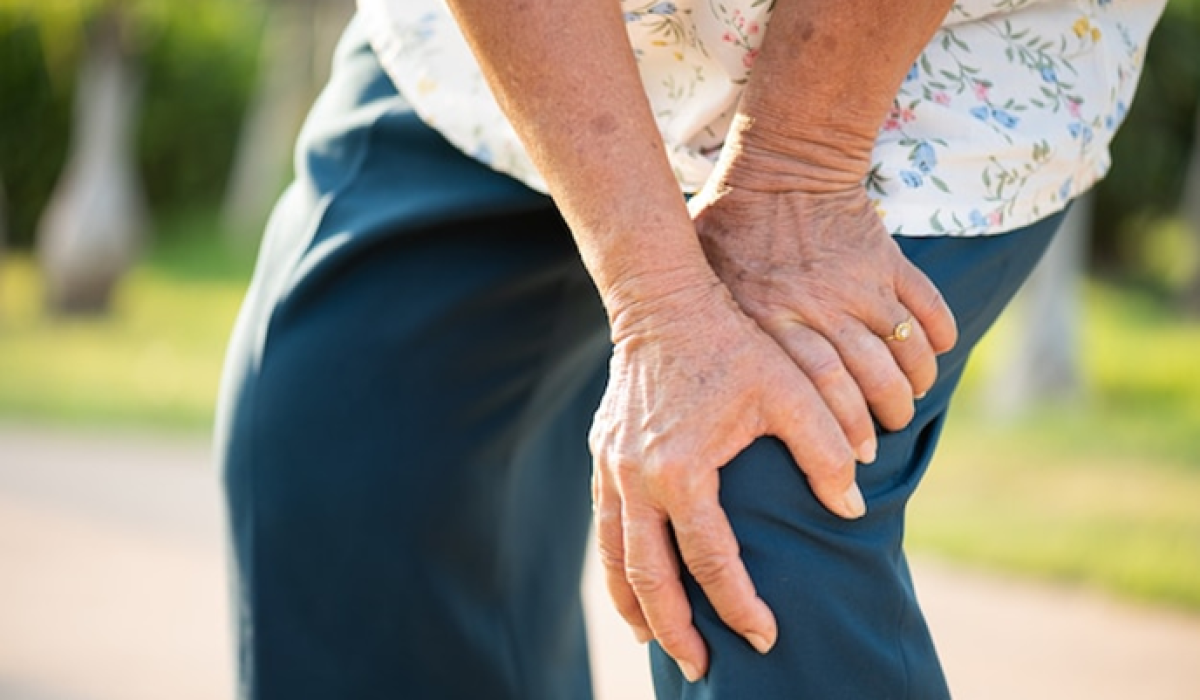Knee joint pain is a common issue that affects many people, especially as they age. Whether it’s due to arthritis, wear and tear, or injury, the discomfort can significantly impact daily activities and overall quality of life. Ayurveda, the ancient system of natural healing, offers effective, patient-friendly solutions for knee joint pain that focus on long-term relief and improved mobility.
Understanding the Root Causes
Ayurveda takes a holistic approach to knee joint pain by addressing the root causes rather than just treating the symptoms. Common causes of knee pain include inflammation, cartilage degeneration, and a buildup of toxins in the body. By focusing on these underlying issues, Ayurvedic treatments aim to provide lasting relief.
Dietary Changes for Joint Health
One of the key principles of Ayurveda is that diet plays a crucial role in health. For those experiencing knee joint pain, certain foods can help reduce inflammation and promote joint health. Incorporating anti-inflammatory foods like turmeric, ginger, and garlic into your diet can be particularly beneficial. Additionally, including omega-3 rich foods such as flaxseeds and walnuts can help lubricate the joints and reduce stiffness.
Herbal Remedies
Ayurveda utilizes various natural herbs known for their anti-inflammatory and pain-relieving properties. These herbs can be taken in the form of supplements, teas, or added to food. They work by reducing inflammation and promoting the healing of damaged tissues, which can lead to significant improvements in knee joint health over time.
Regular Exercise and Yoga
Staying active is essential for maintaining healthy joints. Low-impact exercises such as walking, swimming, and cycling are excellent for strengthening the muscles around the knee without putting too much stress on the joint itself. Yoga is another powerful tool in the Ayurvedic approach to knee health. Gentle poses and stretches can help increase flexibility, improve circulation, and reduce stiffness. Practicing yoga regularly can also promote overall body alignment, which is crucial for relieving knee pain.
Massage and Oil Treatments
Ayurvedic massages using warm herbal oils can provide immediate relief from knee pain. These massages not only reduce pain and inflammation but also improve circulation and promote the healing of tissues. Commonly used oils include sesame oil, which is known for its warming properties, and medicated oils infused with herbs like turmeric and ginger.
Mind-Body Connection
In Ayurveda, the mind-body connection is integral to healing. Stress and negative emotions can exacerbate physical pain, including knee joint discomfort. Practices such as meditation, deep breathing, and mindfulness can help manage stress and improve mental well-being, which in turn can contribute to better physical health.
Conclusion
Knee joint pain doesn’t have to be a lifelong burden. With the holistic approach of Ayurveda, you can address the root causes of your discomfort and find natural, effective relief. By making simple changes to your diet, incorporating regular exercise, and using herbal remedies and treatments, you can improve your knee joint health and enjoy a more active, pain-free life. Always consult with a healthcare provider before starting any new treatment plan, especially if you have existing health conditions.
SEO Keywords:
- Ayurveda for knee joint pain
- Natural remedies for knee pain
- Ayurvedic diet for joint health
- Knee joint pain relief
- Ayurvedic treatment for arthritis
- Inflammation and knee pain
- Knee pain exercise in Ayurveda
- Yoga for knee joint pain
- Ayurvedic massage for knee pain
- Holistic knee pain treatment
- Managing knee pain naturally


